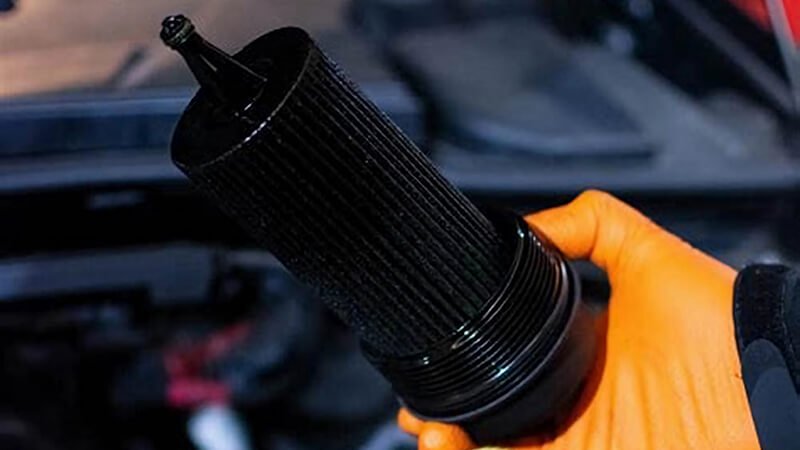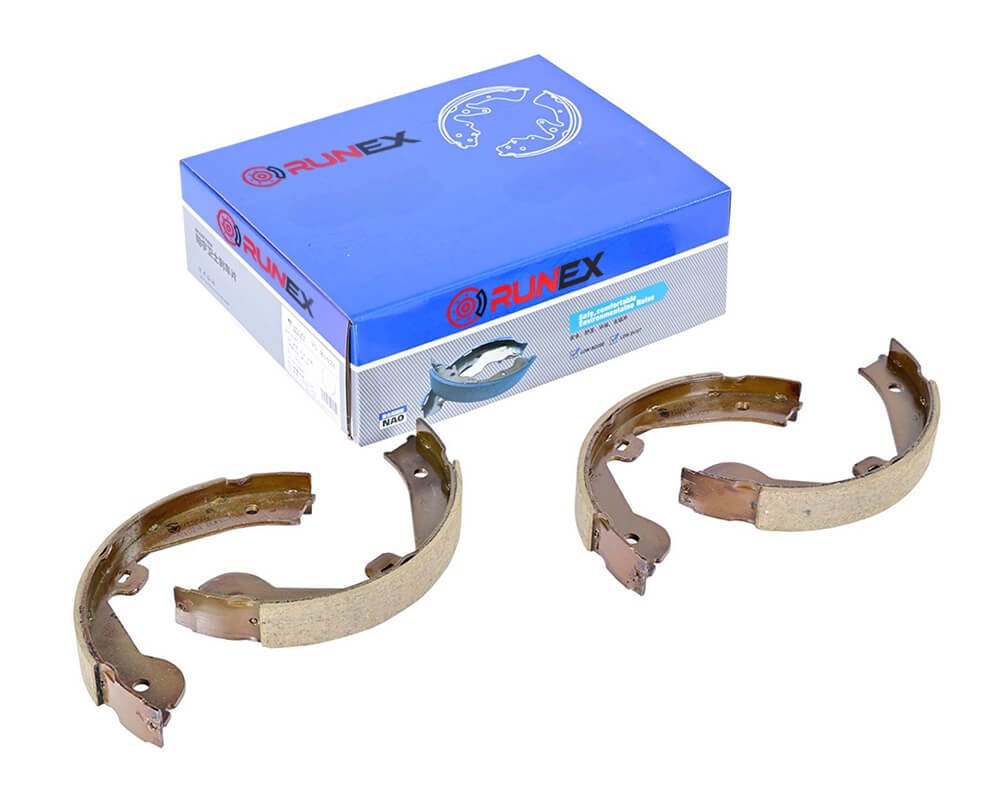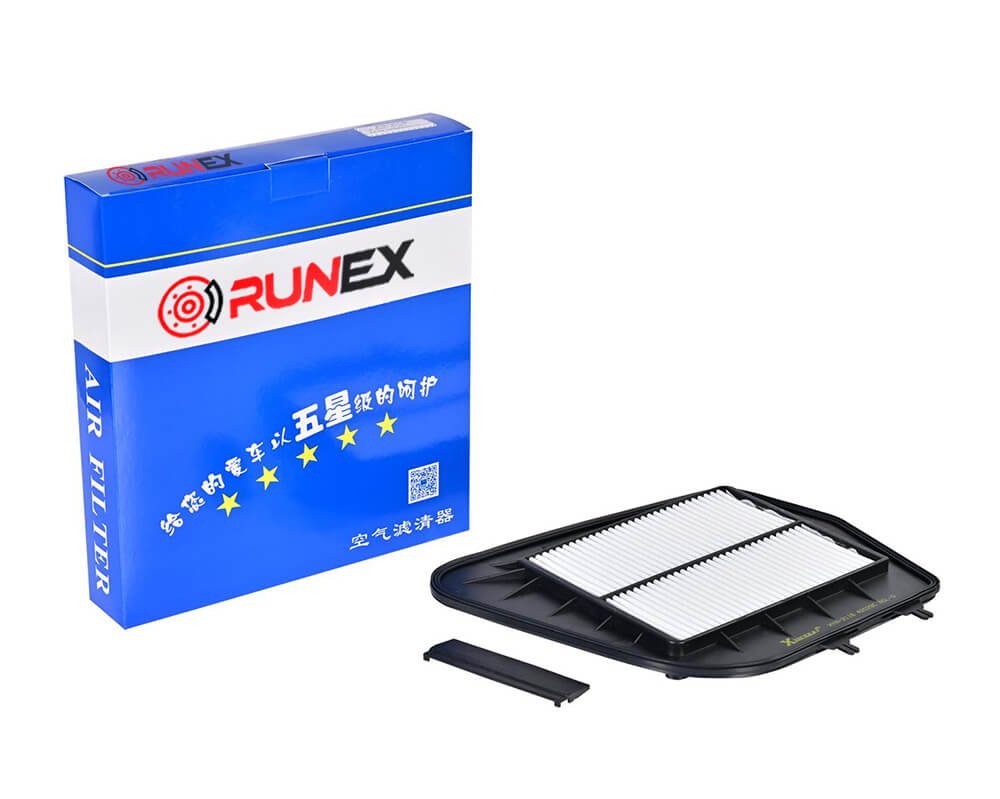Runex Cabin Filter
OEM/ODM: Custom branding on packaging and free sample development to ensure your unique market presence.
Low MOQ: Starting from just 100 sets per model, perfect for new clients to test our premium quality before scaling.
Multiple Material Options: A wide selection of filter media, including activated carbon, HEPA, and standard non-woven materials, tailored for different car models and market needs.
Wide Model Range: Over 2,500+ FMSI numbers, covering Japanese, Korean, European, and American vehicle makes.
Competitive Price: Direct-from-factory pricing for outstanding value and cost savings.
Fast Production Time: Orders completed in 15-20 days, ensuring fast delivery and reduced lead times.
Certifications: ISO9001, IATF16949, E-mark, AMECA, and more, ensuring full compliance with industry standards and consistent quality.
Quality Level: All Runex cabin filters meet OE standards, providing excellent filtration efficiency and long-lasting performance.
Your Trusted Cabin Filter Partner – Runex Auto
Runex Auto is a trusted and experienced manufacturer of high-quality cabin filters, based in China, with over 12 years of expertise in producing durable, effective air filtration solutions for a wide range of vehicles. We specialize in producing premium cabin air filters designed to meet the diverse needs of both passenger cars and commercial vehicles.
Our cabin filters are designed to provide superior protection against dust, pollen, allergens, and pollutants, ensuring a clean and fresh cabin environment for drivers and passengers. We offer a variety of filter types, including activated carbon filters, HEPA filters, and standard filters, catering to a wide array of vehicle makes and models, from Japanese, Korean, German, and European vehicles to American and heavy-duty trucks.
With a monthly production capacity exceeding 150,000 units, Runex Auto ensures that our clients receive high-quality products in a timely manner, supporting markets across Europe, the US, Brazil, Russia, Turkey, and Southeast Asia. Our factory is certified with internationally recognized standards, including ISO9001, IATF16949, and more, guaranteeing that every cabin filter meets strict OEM specifications.
Choose Runex Auto for your cabin filter needs and experience exceptional quality, reliability, and performance—ensuring a healthier, more comfortable ride for your customers.
Runex Cabin Filter
Runex Auto, with over 12 years of experience, offers a wide range of high-quality cabin filters, including over 150 SKUs in materials like activated carbon, HEPA, and non-woven fabrics. Our filters provide superior filtration, ensuring clean air for both passenger and commercial vehicles. Custom solutions and OEM options are available.
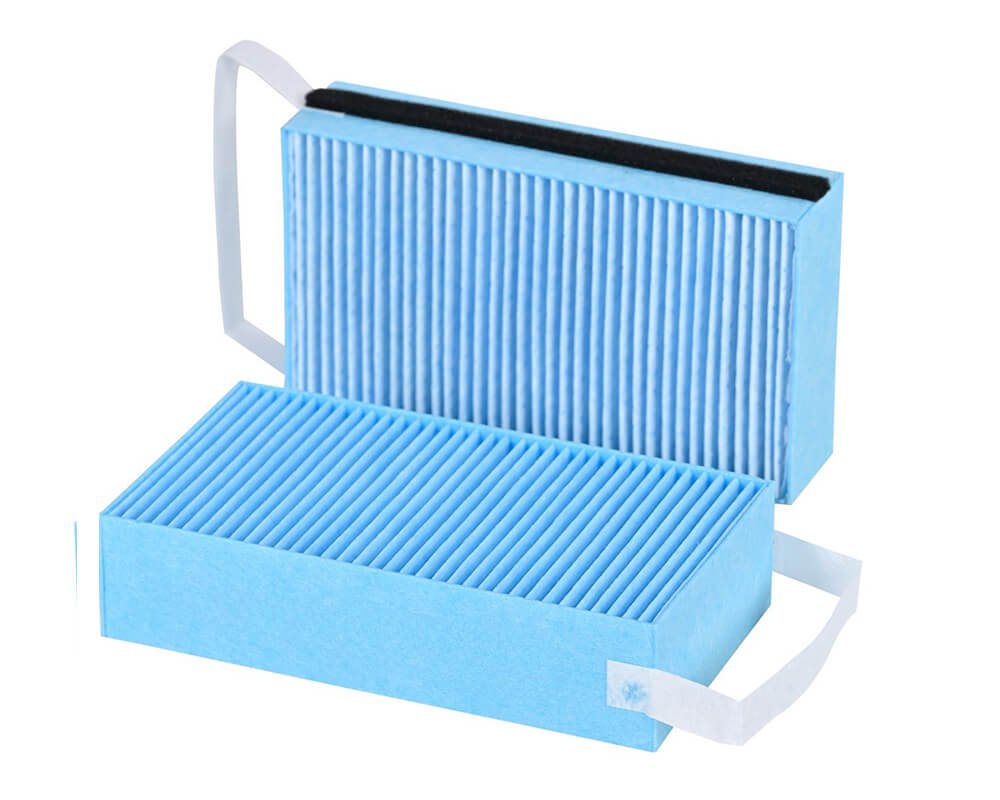
OEM Cabin Filter
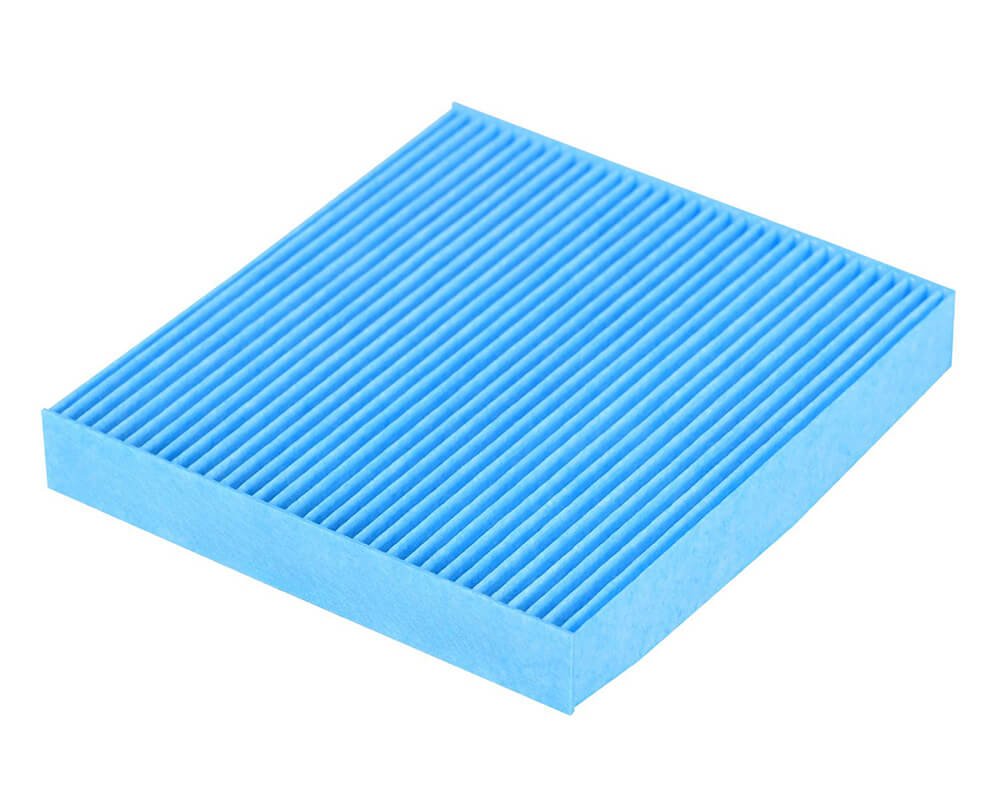
OEM Cabin Filter
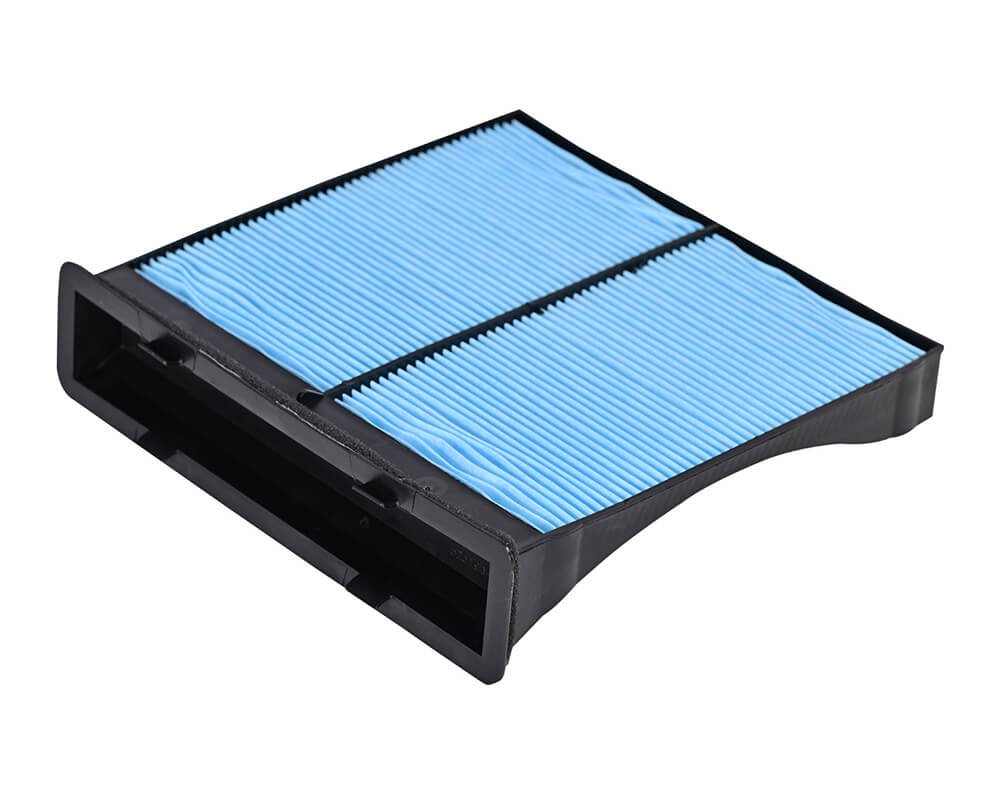
OEM Cabin Filter
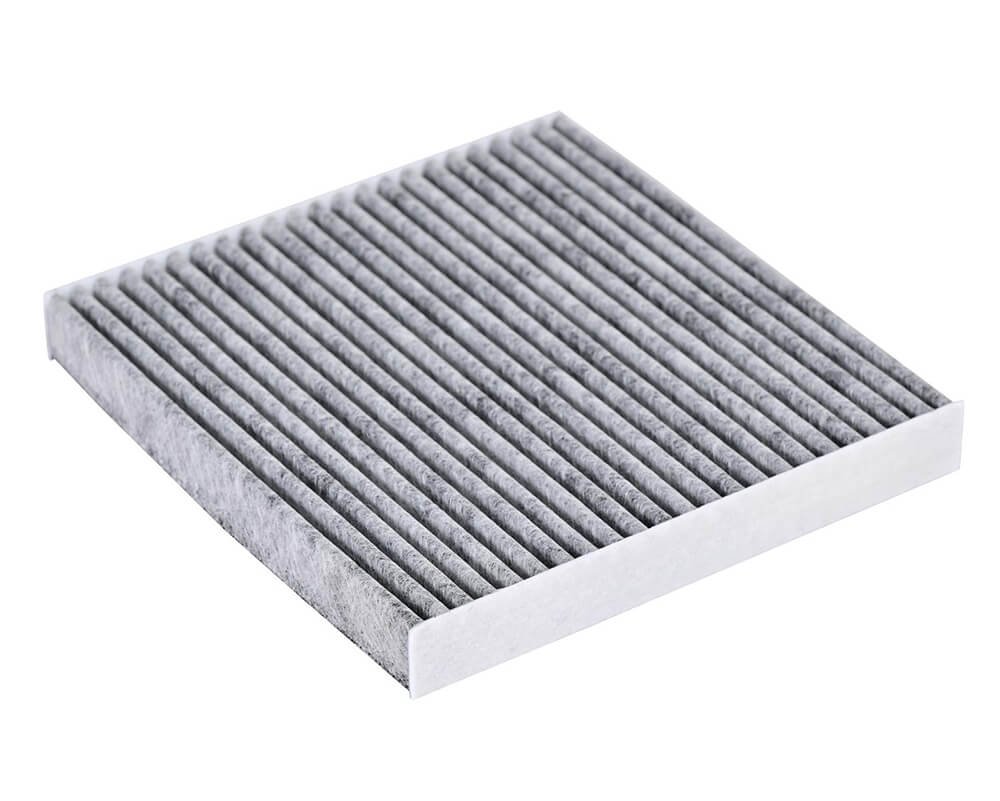
OEM Cabin Filter
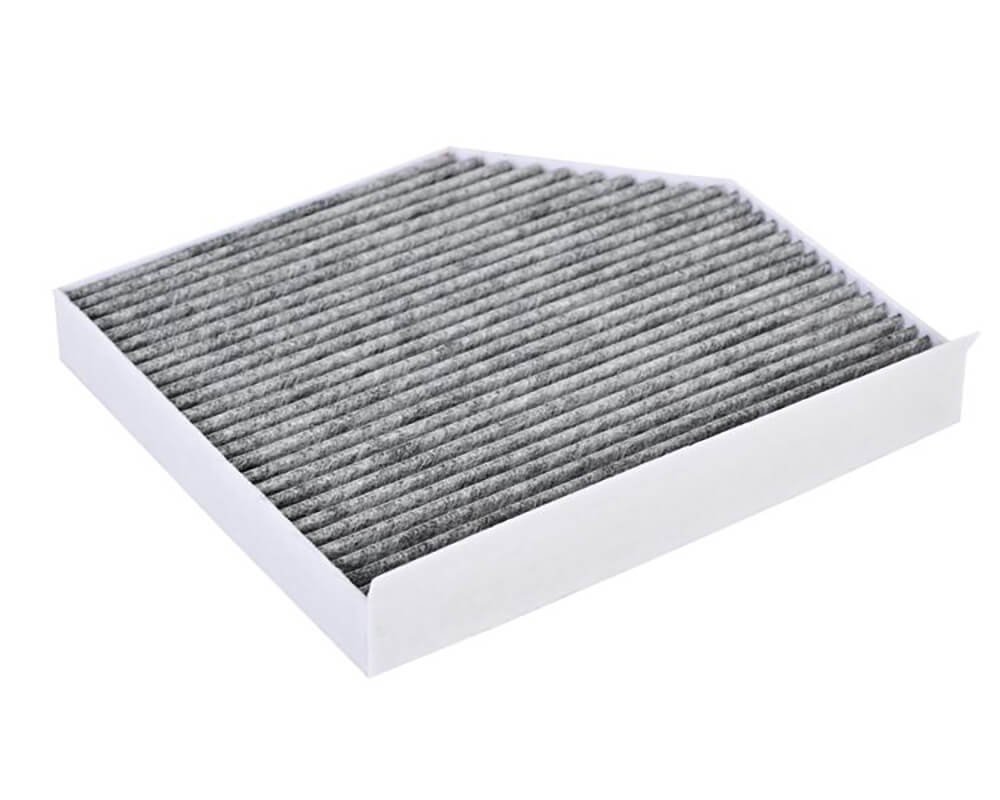
OEM Cabin Filter
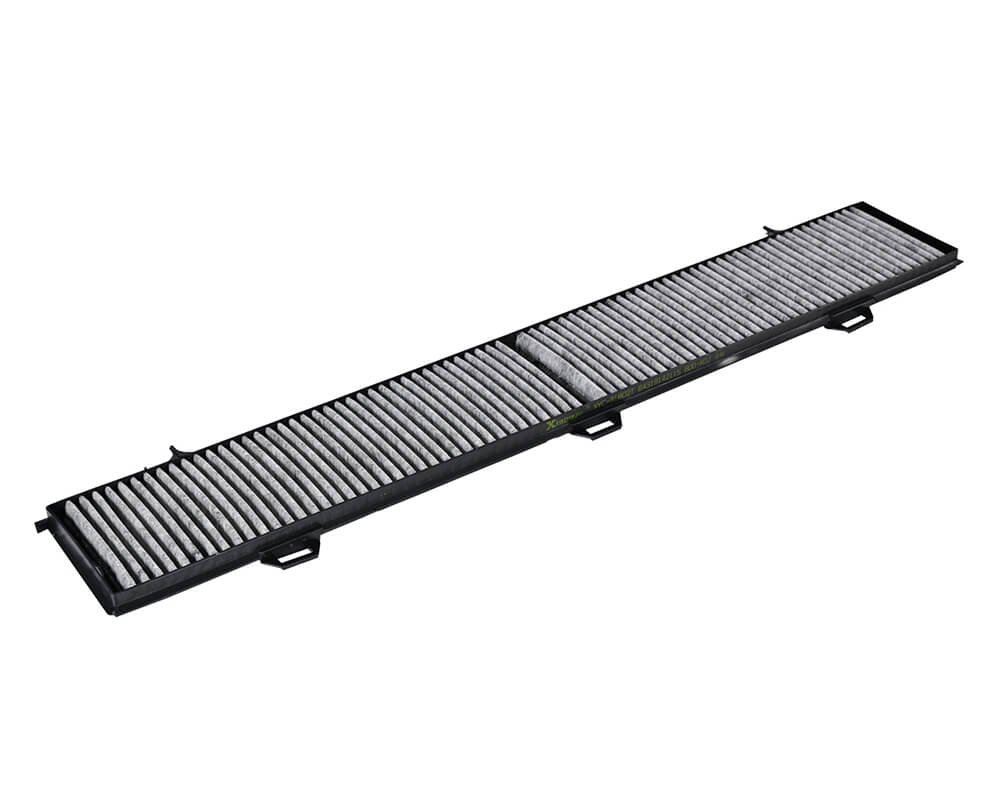
OEM Cabin Filter
Get A Quote
Ready to take the next step? Contact us today to get the best pricing options!
Be A Dealer
Interested in partnering with us? Reach out now to join our dealer network and enjoy exclusive benefits!
Custom Packages
We offer three types of packaging for our cabin filter: the standard packaging, a basic option with no branding, and a fully customizable packaging with your brand logo, tailored to your specific needs.
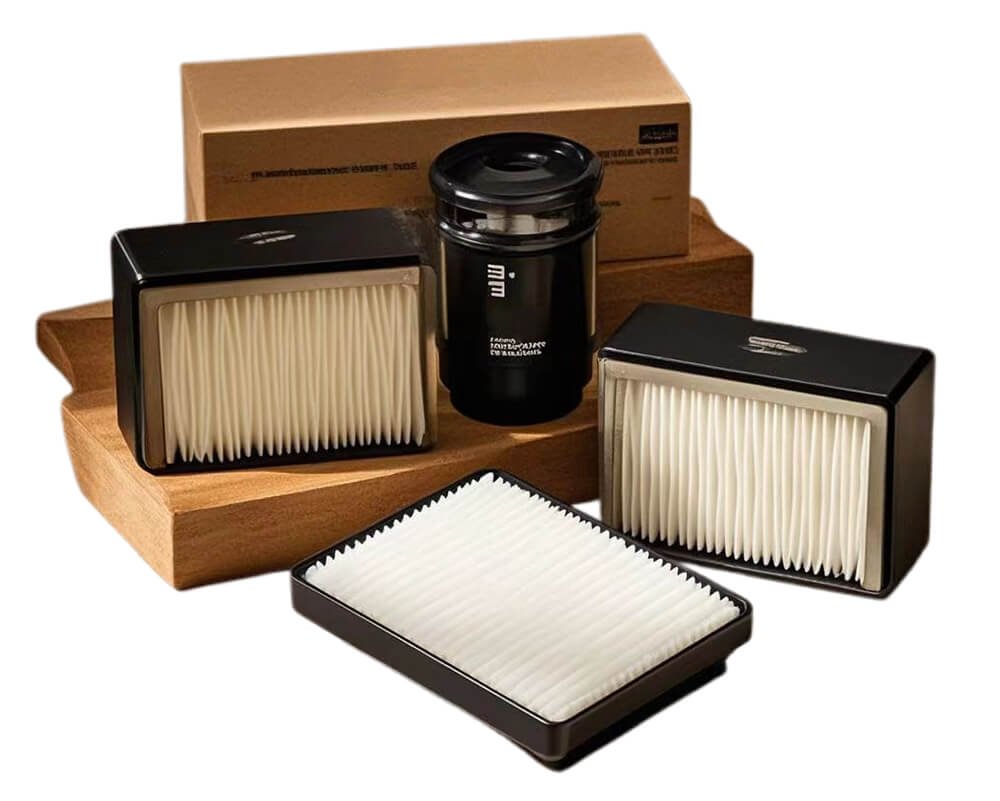
No Branding Box
If you are looking for a cost-effective option with no specific packaging requirements, our No Branding Box is the ideal choice for your Business.
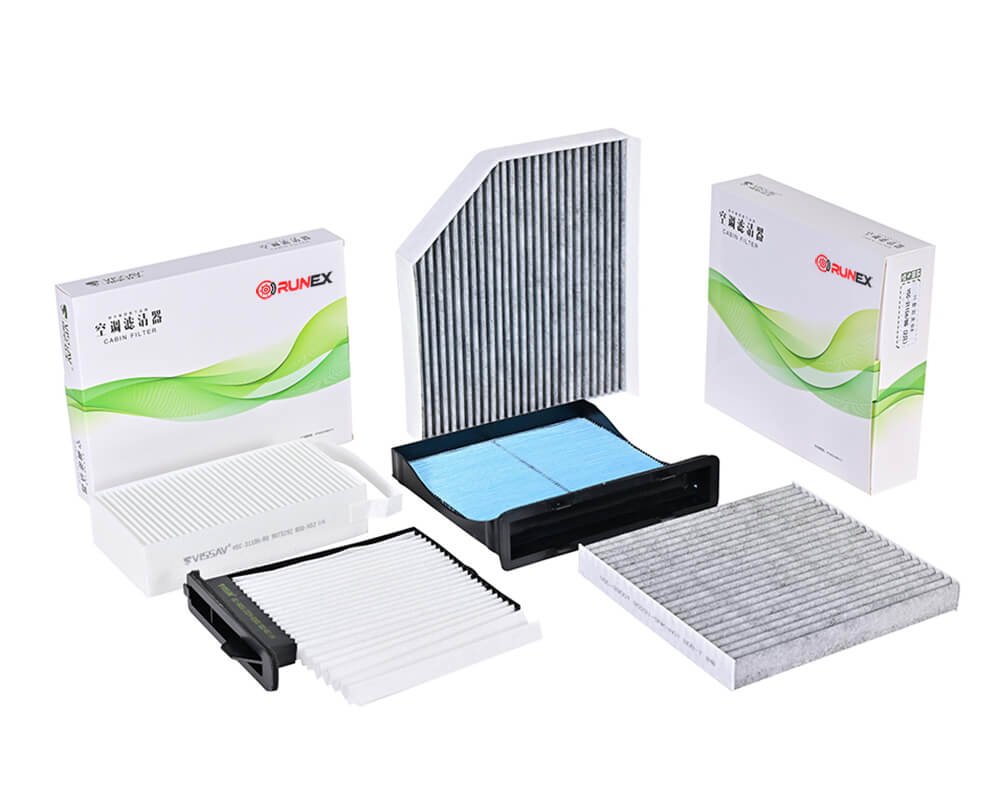
Standard Packaging
Runex is a well-recognized brand in the market. Our standard packaging not only promotes the Runex brand but also helps enhance your sales performance.
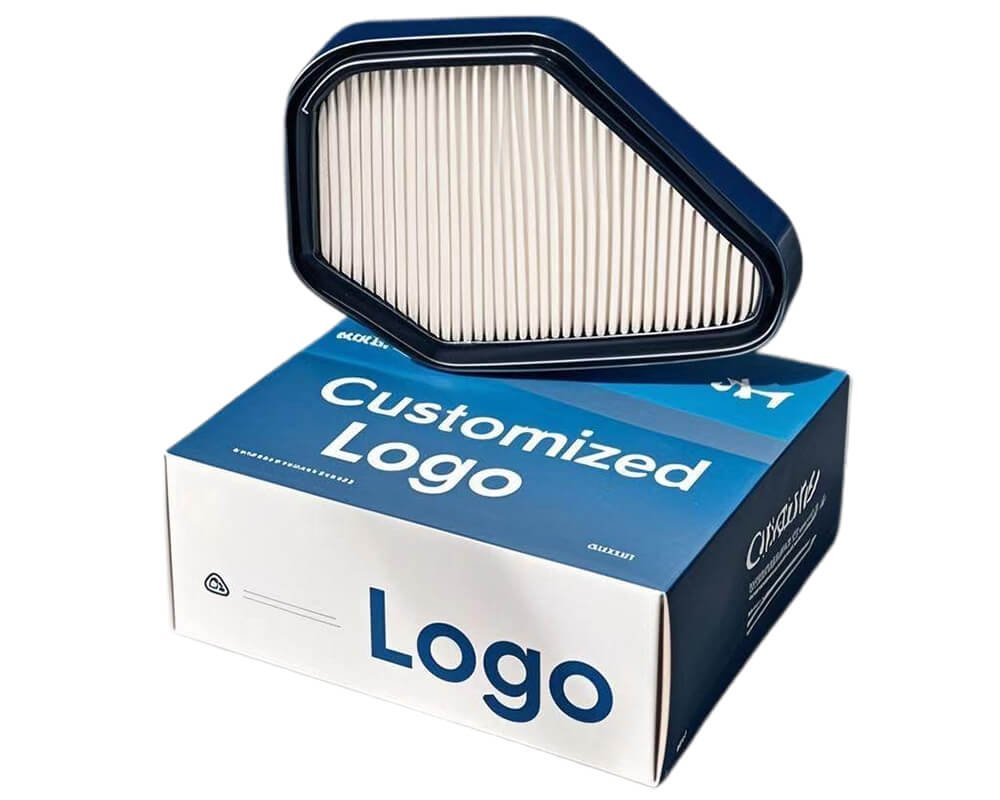
Customizable Packaging
You can customize your brand box with our high-quality brake pads, giving your business a significant boost and helping you stand out in the market.
Cabin Filter Components
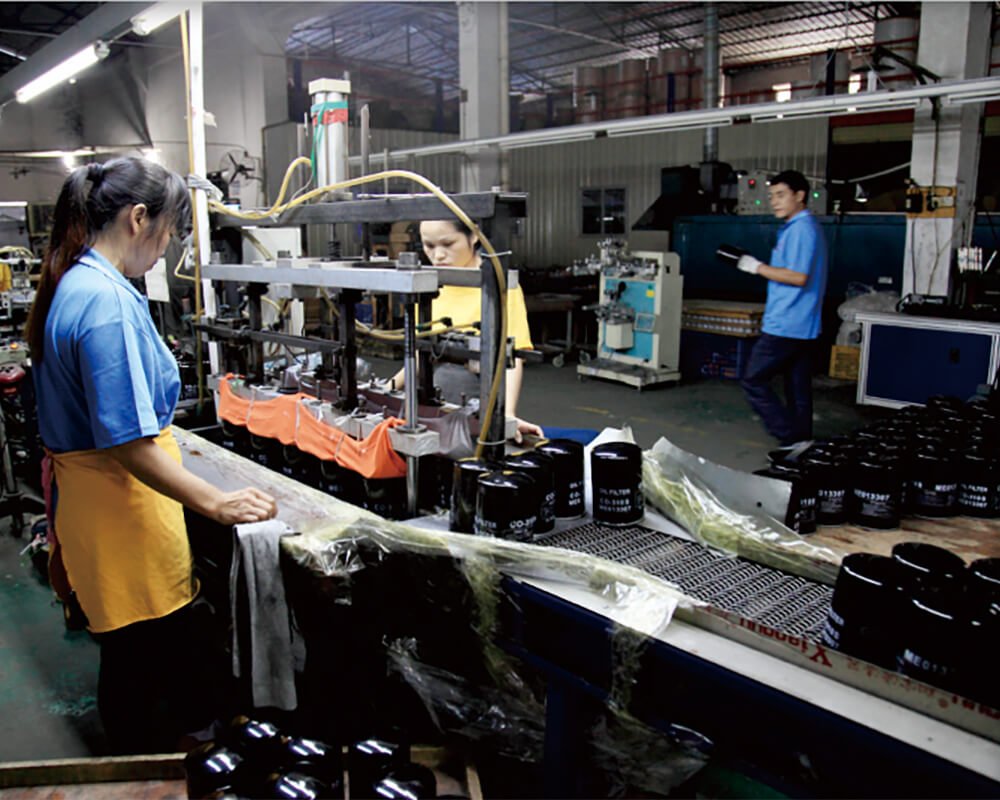
High-Efficiency Filter Media
Runex Cabin Filters are engineered with high-efficiency filter media that effectively capture airborne particles. Utilizing advanced HEPA-grade materials, these filters can trap up to 99.97% of dust, pollen, and other microscopic contaminants, ensuring a cleaner and healthier cabin environment for all occupants.
Activated Carbon Layer
To enhance air purification, Runex Cabin Filters incorporate an activated carbon layer. This specialized layer is adept at absorbing unpleasant odors, volatile organic compounds (VOCs), and harmful gases such as nitrogen oxides and sulfur dioxide. The activated carbon ensures that the air circulating within the vehicle remains fresh and free from unwanted smells.
Antibacterial Treatment
Runex prioritizes passenger health by treating its Cabin Filters with antibacterial and anti-fungal agents. This treatment inhibits the growth of mold, mildew, and bacteria on the filter surface, preventing the circulation of harmful microorganisms and contributing to a safer in-car environment.
OE Quality Frame
The durability and longevity of Runex Cabin Filters are ensured by their OE (Original Equipment) quality frames. Constructed from high-grade materials, the frames provide a sturdy structure that maintains the filter’s shape and integrity over time. This ensures consistent performance and reliable protection against contaminants.
Secure Fitment and Easy Installation
Designed for seamless integration, Runex Cabin Filters feature a precise fitment that aligns perfectly with OEM specifications. The user-friendly design allows for quick and hassle-free installation without the need for specialized tools. This ensures that replacing the cabin filter is a straightforward process, enabling drivers to maintain optimal air quality with minimal effort.
Low-Pressure Drop Design
Runex Cabin Filters are crafted with a low-pressure drop design, ensuring that the vehicle’s HVAC system operates efficiently. This design minimizes airflow resistance, promoting better air circulation and reducing strain on the blower motor. As a result, drivers can enjoy consistent airflow and improved climate control performance.
Eco-Friendly Materials
Committed to sustainability, Runex utilizes eco-friendly materials in the production of its Cabin Filters. These materials are recyclable and free from harmful substances, reducing the environmental impact and aligning with green automotive practices. Runex Cabin Filters offer an environmentally responsible choice without compromising on quality or performance.
Enhanced Longevity
Runex Cabin Filters are designed to offer extended service life compared to standard filters. The combination of durable materials and advanced filtration technologies ensures that the filters maintain their efficacy over longer periods, reducing the frequency of replacements and providing sustained protection for the vehicle’s interior air quality.
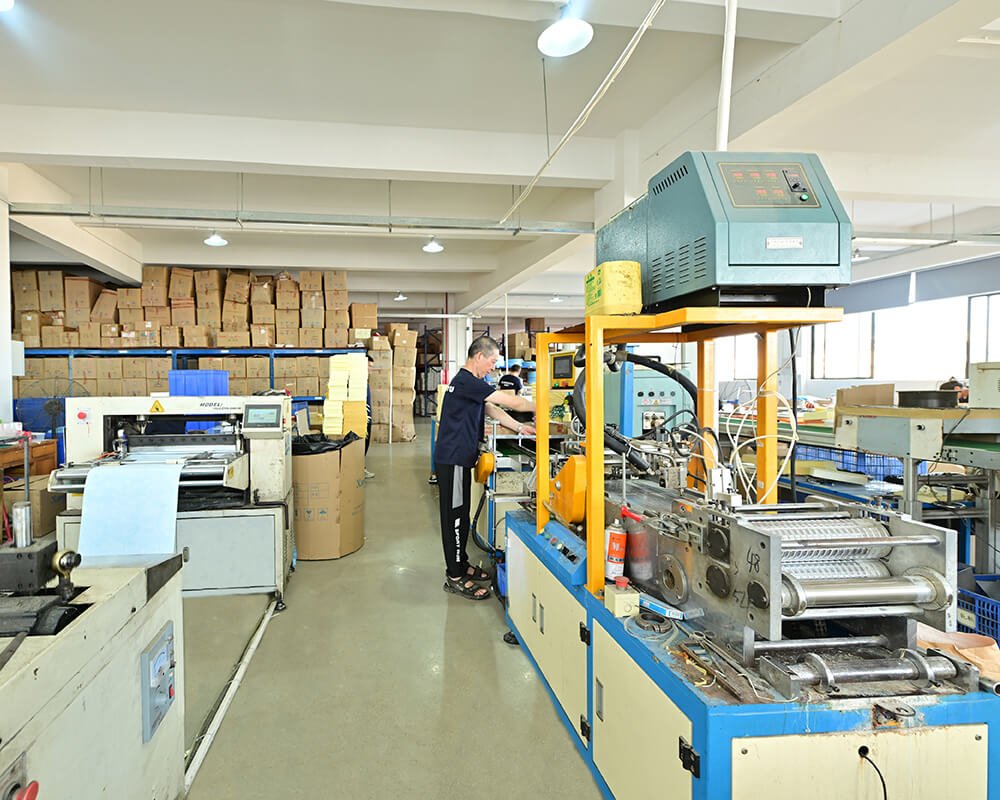
Select Cabin Filter
We offer an extensive range of cabin filter from both leading global and domestic Chinese automotive brands, providing you with a variety of high-quality options.
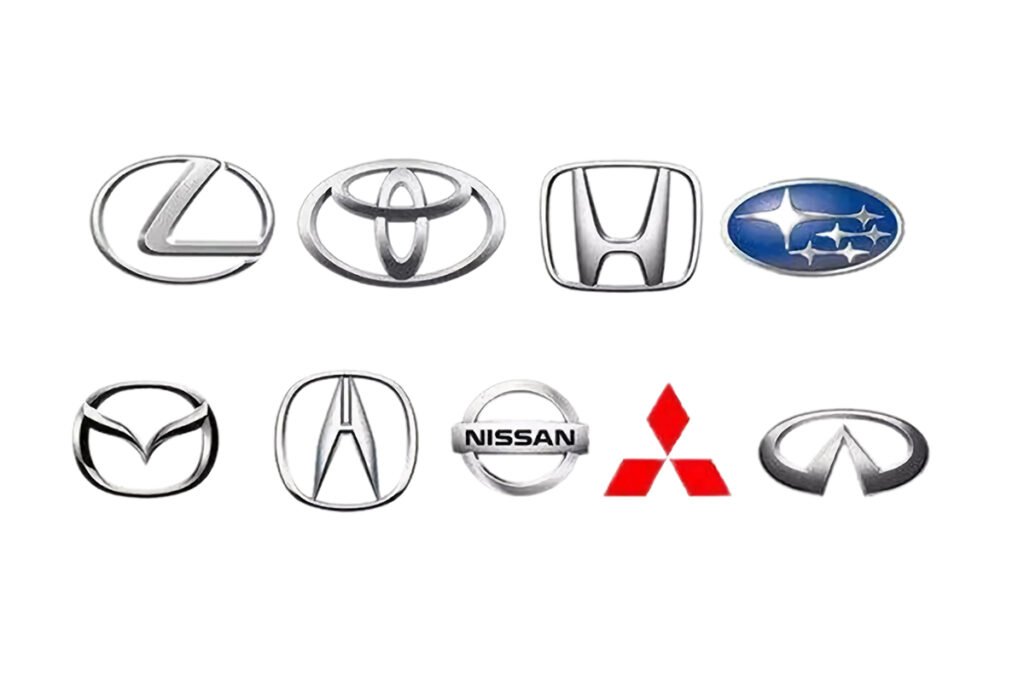
Cabin Filter For Japanese Vehicles
Runex cabin filter are compatible with Toyota, Mitsubishi, Hino, Suzuki, Isuzu, and other Japanese brands.
Our products are engineered to meet the highest quality standards, offering a cost-effective solution for your maintenance needs.
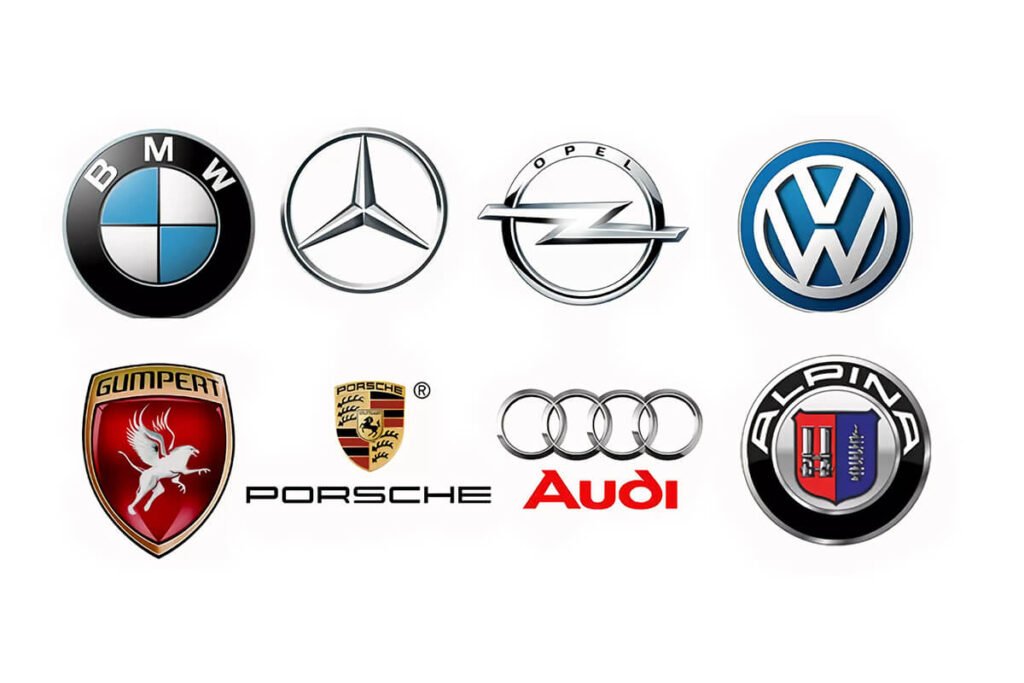
Cabin Filter For German Vehicles
If you’re in need of high-quality cabin filter, look no further than Runex Auto. We offer a wide range of cabin filter for top global brands like VW, Benz, BMW, Audi, Opel, MAN, and more.
Whether you need durability, performance, or cost-effective solutions, we’ve got you covered.
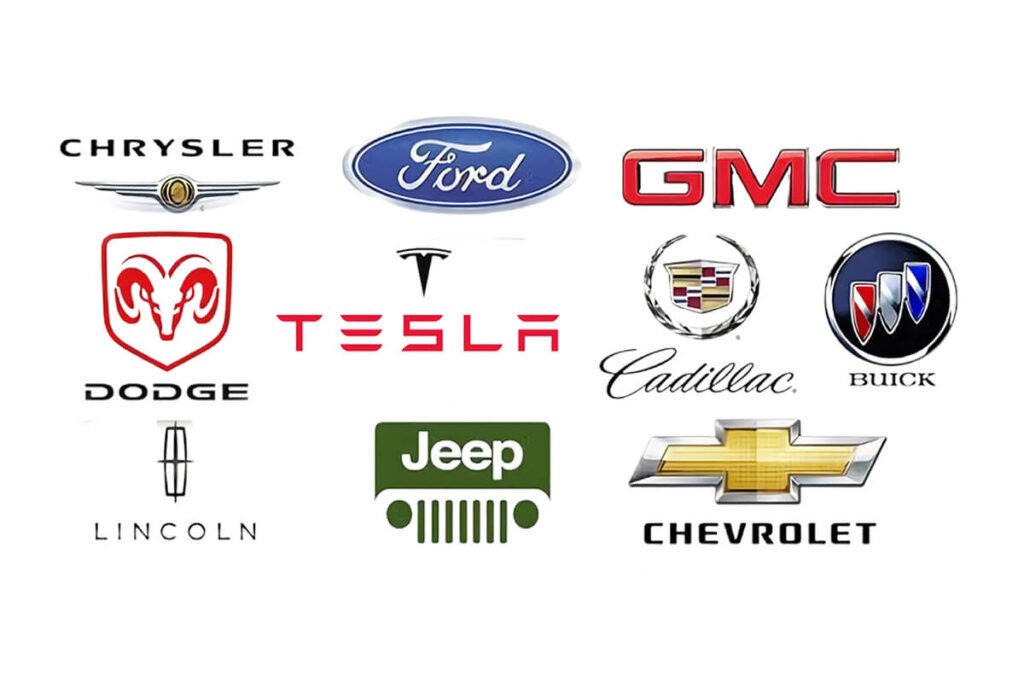
Cabin Filter For American Vehicles
Runex Auto offers high-quality cabin filter for American vehicles, including Ford, Chevrolet, Dodge, Jeep, Cadillac, and Buick. We provide durable, performance-driven products tailored to meet your business needs.
Contact us for more details on our customizable cabin filter.
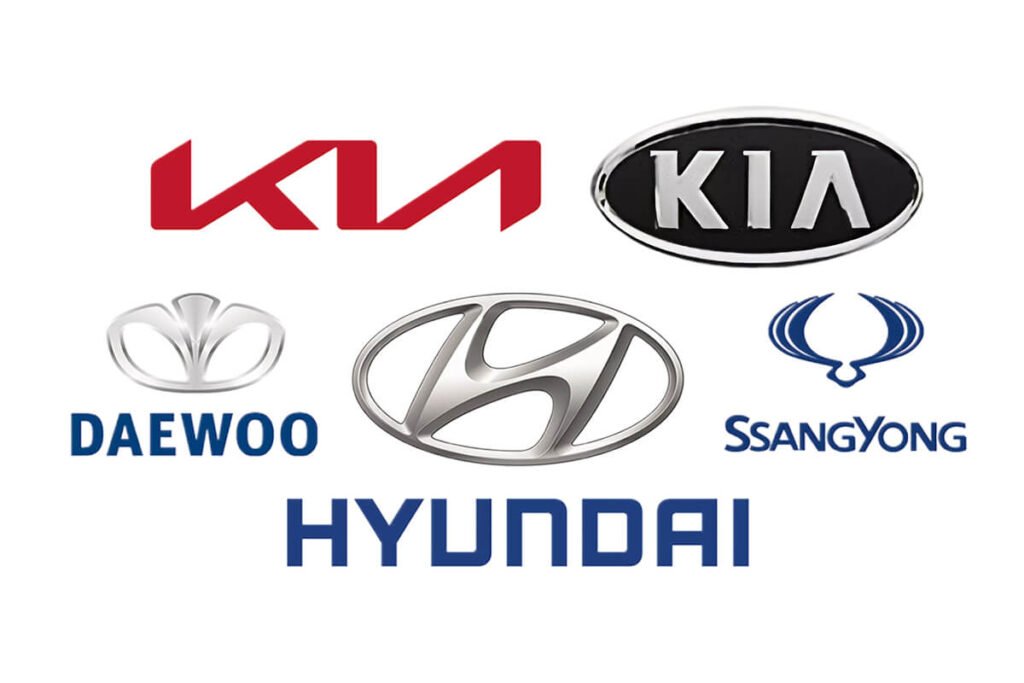
Cabin Filter For Korean Vehicles
Cabin filter cover Korean vehicle brands like Hyundai and Kia. We offer high-quality, reliable solutions tailored to your needs.
If you need cabin filter for Korean vehicles, please contact us. Let’s discuss your requirements further!
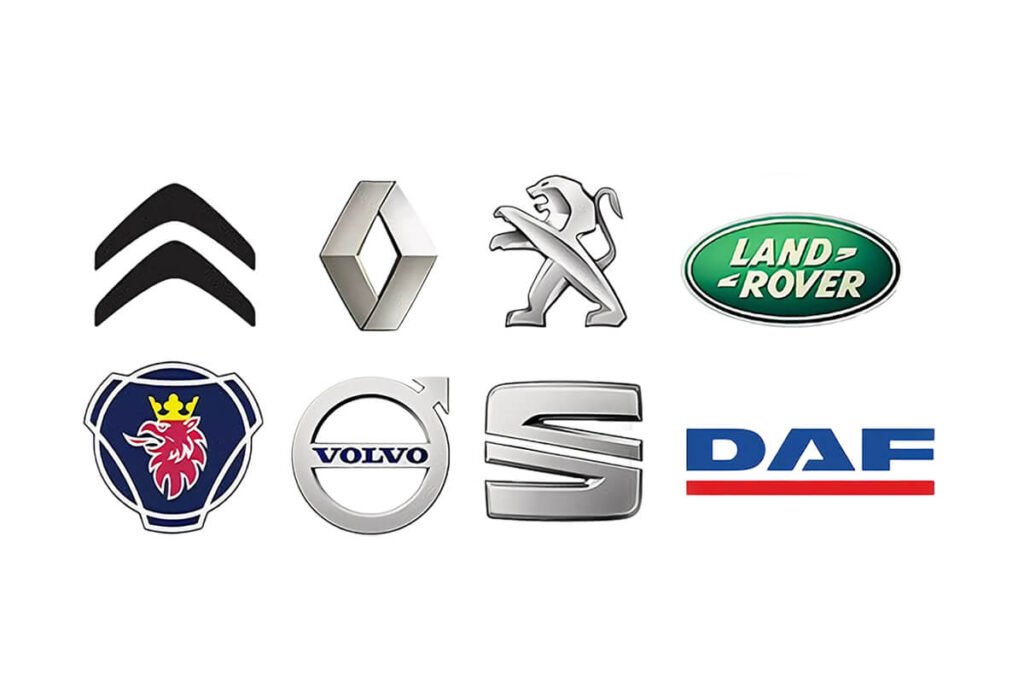
Cabin Filter For European Vehicles
Runex cabin filter cover brands like Renault, Peugeot, Citroën, Fiat, Land Rover, Volvo, Scania, SEAT, and more.
We have a wide range of cabin filter for European vehicles. Our products are designed for durability and optimal performance, ensuring the safety of your customers.
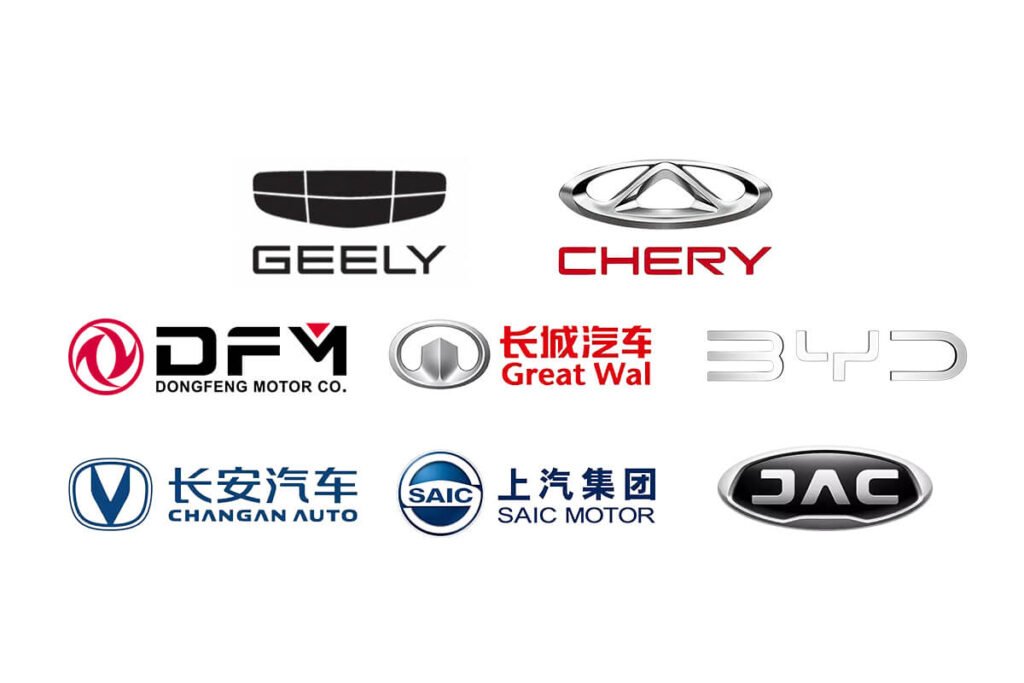
Cabin Filter For Chinese Vehicles
Runex cabin filter cover Chinese vehicle brands like Chery, Geely, BYD, Chang’an, Great Wall, and more.
Our products are engineered for high performance and long-lasting reliability, meeting the needs of both OEM and aftermarket markets.
Cabin Filter Knowledge
At Runex, we specialize in providing high-performance cabin filters designed to enhance air quality and passenger comfort. With a focus on quality, customization, and cost-effectiveness, our cabin filters are engineered to meet the demanding needs of the global automotive industry. Whether you’re an engineer, buyer, or distributor, our expert resources and insights will help you make informed decisions and ensure optimal product performance in your market.
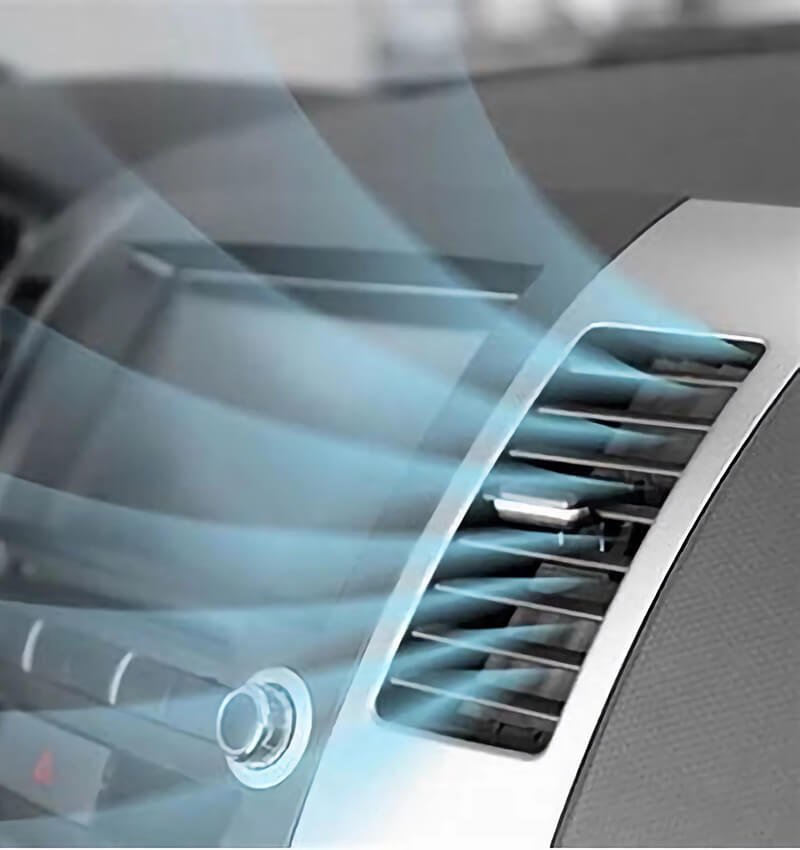

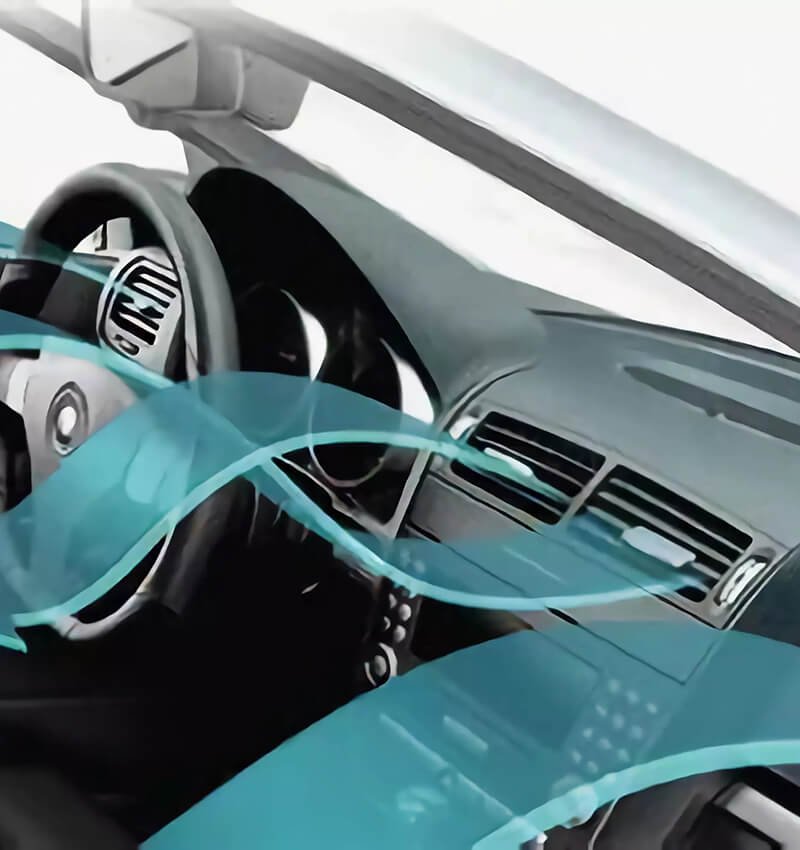
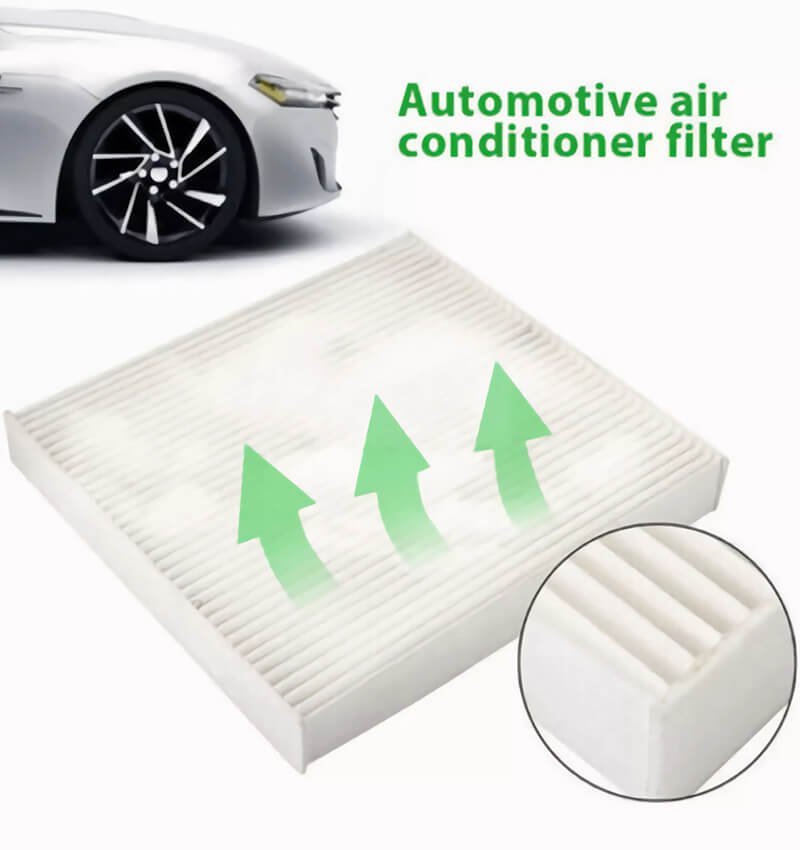
What does a cabin filter do?
Cabin filters play a crucial role in maintaining the air quality inside vehicles. Here’s a detailed overview of their function, importance, and maintenance.
1. Function of a Cabin Filter
A cabin air filter (CAF) is designed to purify the air that enters the passenger compartment of a vehicle. It serves several key functions:
- Pollutant Filtration: The primary role of a cabin filter is to trap harmful pollutants and allergens from the outside air, including:
- Dust and dirt
- Pollen and spores
- Exhaust fumes and smog
- Mold and bacteria
- Odor Control: Many cabin filters include activated carbon layers that help absorb unpleasant odors and harmful gases, ensuring that the air inside the vehicle remains fresh and clean.
- Airflow Improvement: A clean cabin air filter allows for optimal airflow through the vehicle’s heating, ventilation, and air conditioning (HVAC) system. This enhances the efficiency of these systems, leading to better heating and cooling performance.
2. Importance of Cabin Filters
The significance of cabin air filters extends beyond mere comfort:
- Health Benefits: By filtering out allergens like pollen and dust mites, cabin filters help reduce allergy symptoms for sensitive passengers. They also limit exposure to harmful pollutants that can affect respiratory health.
- Prevention of System Contamination: A functioning cabin filter prevents debris from entering the HVAC system, which can lead to mold growth and other contaminants that could compromise air quality.
- Fuel Efficiency: A clogged cabin filter can force the HVAC system to work harder, potentially impacting fuel efficiency. Regular maintenance ensures that the engine does not have to exert extra effort to circulate air through a blocked filter.
3. Maintenance and Replacement
To ensure optimal performance, cabin filters should be replaced regularly:
- Replacement Interval: Most manufacturers recommend changing the cabin air filter every 12,000 to 15,000 miles. However, this may vary based on driving conditions (e.g., frequent driving in dusty or polluted areas).
- Signs of Clogging: Indicators that a cabin filter may need replacement include reduced airflow from vents, persistent odors inside the vehicle, or visible dirt accumulation on the filter.
- Location: Cabin filters are typically located behind the glove compartment or under the dashboard. Consult your vehicle’s manual for specific location details.
In summary, cabin filters are essential for ensuring clean air within vehicles, contributing significantly to passenger health and comfort while also enhancing the efficiency of HVAC systems. Regular maintenance is key to reaping these benefits.
How often should a cabin AC filter be changed?
Changing your cabin air filter is essential for maintaining good air quality inside your vehicle and ensuring the efficiency of your heating and air conditioning systems. The frequency of replacement can vary based on several factors, including driving conditions, vehicle type, and personal preferences.
1. Recommended Change Intervals
- General Recommendation: Most automotive experts suggest changing the cabin air filter every 15,000 to 30,000 miles. This range is widely accepted across various manufacturers and service centers.
- Manufacturer Guidelines: Specific vehicle manufacturers may have tailored recommendations. For example:
- Toyota: Inspect every 15,000 miles and replace every 30,000 miles.
- Ford: Replace every 20,000 miles.
- Environmental Factors: If you frequently drive in areas with poor air quality, such as urban environments with heavy traffic or areas with a lot of dust (like construction zones or rural dirt roads), you may need to change the filter more often—potentially every 6 to 12 months.
2. Signs You Need to Change Your Cabin Air Filter
Keep an eye out for these indicators that it might be time to replace your cabin air filter:
- Reduced Airflow: If you notice a decrease in airflow from the vents when the climate control system is on.
- Unpleasant Odors: Lingering musty or stale smells inside the vehicle can indicate a clogged filter.
- Increased Dust Inside the Vehicle: If you find more dust settling on surfaces within the car, it could be a sign that the filter is not functioning effectively.
3. Seasonal Considerations
Some experts recommend changing the cabin air filter seasonally—before spring and fall—to ensure optimal performance during peak driving conditions. This approach helps prepare your vehicle for pollen-heavy months in spring and enhances defrosting capabilities in winter.
Does a cabin filter affect AC?
Cabin filters play a significant role in the performance of your vehicle’s air conditioning (AC) system. While their primary function is to filter out dust, pollen, and other contaminants from the air entering the cabin, their condition can also indirectly affect the efficiency of the AC and overall engine performance.
1. Impact on AC Performance
Airflow RestrictionA clean cabin air filter ensures optimal airflow through the HVAC (heating, ventilation, and air conditioning) system. When the filter is clogged with debris, it restricts airflow, forcing the AC system to work harder to maintain the desired temperature. This can lead to several noticeable effects:
- Decreased Cooling Efficiency: A clogged filter can cause the AC to take longer to cool the cabin or result in weaker airflow from the vents. This means that even if the refrigerant levels are adequate, you may not feel as comfortable inside your vehicle.
- Increased Energy Consumption: The additional strain on the AC system due to restricted airflow can lead to increased fuel consumption, as the engine must compensate for this inefficiency.
- Potential Damage: Over time, a consistently clogged cabin air filter can cause wear and tear on the HVAC components, leading to more significant repairs down the line.
2. Impact on Engine Performance
Indirect EffectsWhile cabin air filters do not directly impact engine performance like engine air filters do, they can still have indirect effects:
- Strain on Engine: A dirty cabin air filter can create increased pressure within the HVAC system. This added strain can affect engine performance as it works harder to maintain proper airflow and climate control.
- Fuel Efficiency: A clean cabin air filter contributes to better fuel efficiency by allowing the HVAC system to operate without excessive strain. Conversely, a clogged filter can lead to reduced miles per gallon (MPG) due to increased workload on the engine.
3. Maintenance Recommendations
To ensure optimal performance of both your AC system and engine:
- Regular Replacement: It is generally recommended to replace your cabin air filter every 12,000 to 15,000 miles or as specified by your vehicle’s manufacturer. If you frequently drive in polluted or dusty environments, consider changing it more often.
- Signs of Clogging: Pay attention to signs that indicate a clogged cabin air filter, such as reduced airflow from vents, musty odors inside the vehicle, or longer defrost times for windows.
Can a dirty cabin filter affect engine performance?
A dirty cabin air filter can indeed affect engine performance, albeit indirectly. While the primary function of a cabin air filter is to clean the air entering the passenger compartment, its condition can influence the overall efficiency of the vehicle’s systems, including the engine.
1. Impact of a Dirty Cabin Air Filter on Engine Performance
Increased Load on the HVAC SystemWhen a cabin air filter becomes clogged with dirt and debris, it restricts airflow into the heating, ventilation, and air conditioning (HVAC) system. This restriction forces the HVAC system to work harder to maintain a comfortable temperature inside the vehicle. As a result, the engine has to compensate for this additional load, which can lead to increased fuel consumption and reduced efficiency.
Reduced Airflow to Engine CompartmentAlthough cabin air filters are not directly connected to the engine’s air intake system, excessive clogging can still impact airflow around the engine compartment. If airflow is compromised, it may affect how well the engine breathes, leading to less efficient combustion. This inefficiency can result in decreased power output and sluggish acceleration.
2. Signs of a Clogged Cabin Air Filter
To maintain optimal performance and prevent any negative effects on your vehicle’s engine, it’s essential to recognize signs that indicate a dirty or clogged cabin air filter:
- Reduced airflow from vents: If you notice weak airflow when using the HVAC system, it may be time to check the cabin air filter.
- Unpleasant odors: A dirty filter can harbor mold and bacteria, leading to musty smells inside the vehicle.
- Foggy windows: Poor airflow can hinder defogging capabilities, especially in humid conditions.
- Increased noise from blower fan: A struggling fan may produce more noise as it works harder to push air through a clogged filter.
3. Maintenance Recommendations
To ensure that both your cabin air filter and engine function optimally:
- Regular Replacement: It’s generally recommended to replace cabin air filters every 15,000 to 30,000 miles, but this can vary based on driving conditions and manufacturer guidelines.
- Routine Inspections: Regularly check your cabin air filter for dirt and debris during routine vehicle maintenance.
By keeping your cabin air filter clean and well-maintained, you can help ensure that your vehicle operates efficiently, ultimately supporting better engine performance and fuel economy.
Have Question?
If you have any questions, purchasing needs, or customization challenges, or if you’re looking for tailored solutions, feel free to contact us.
Related Product
Contact seller
Call +86 187 0108 9985
Helpful Car Buying

Why is my windshield wiper not working?

Do you have to prime your oil filter before changing it?

What are the best filters for an HVAC system?
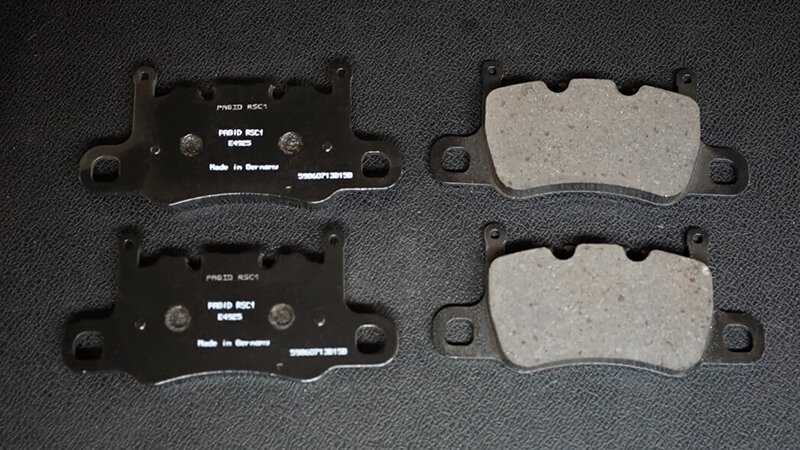
If new brake pads are installed, can that cause shaking?

Are all windshield wipers basically the same?
